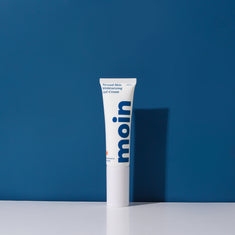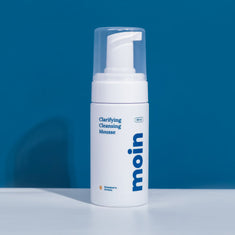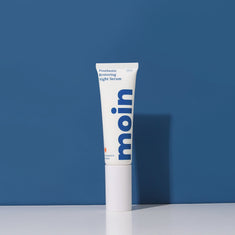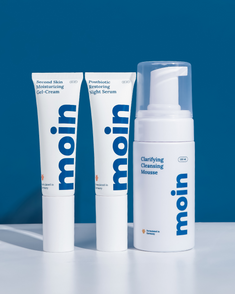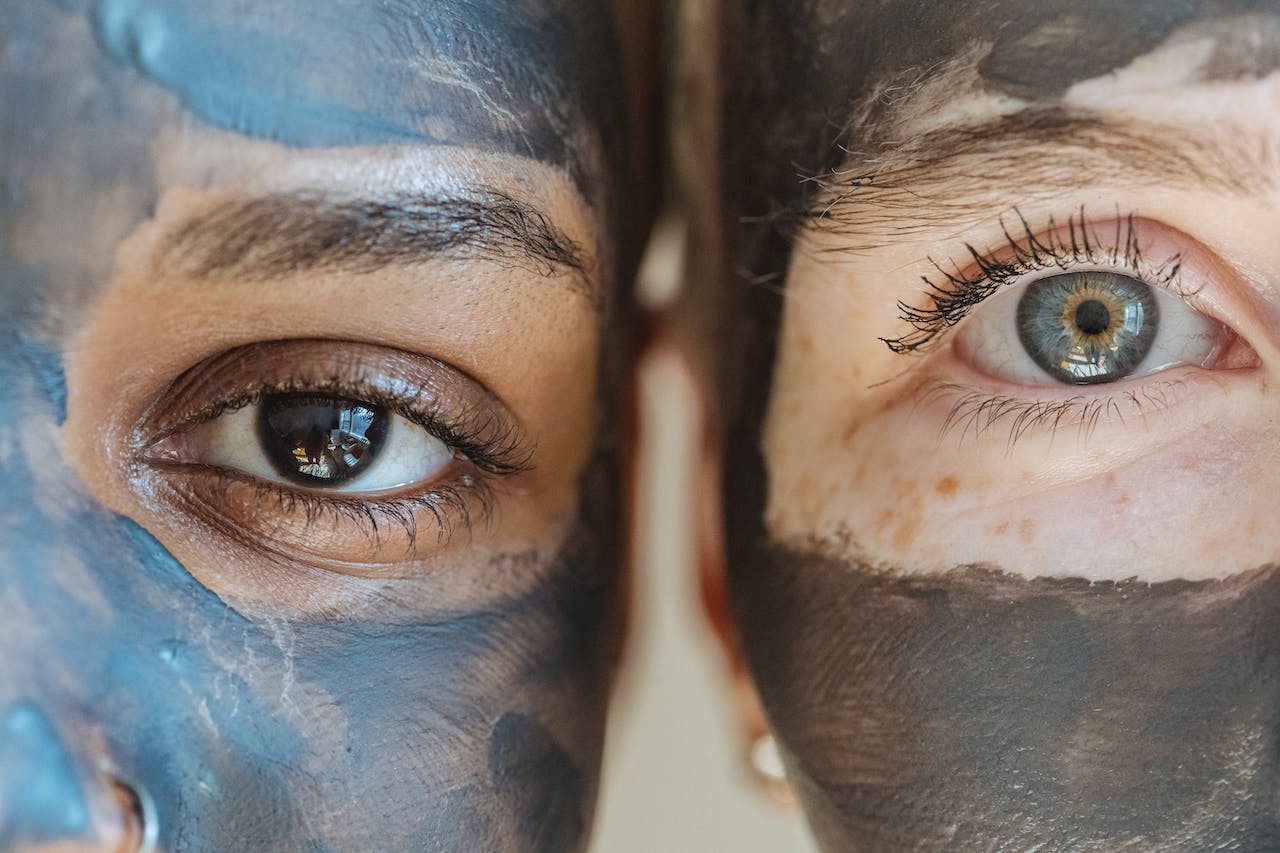Glycation and Its Impact on Skin Health
Glycation is a natural process that occurs in our bodies, involving the binding of sugar molecules to proteins, lipids, and nucleic acids. While this process is essential for various physiological functions excessive glycation can have detrimental effects on our skin.
The science of glycation
Glycation occurs within our bodies as a result of a natural and ongoing processing involving sugars and various biomolecules. The primary culprits behind this process are glucose and fructose, two types of sugars commonly found in out diet.
When we consume foods containing carbohydrates, our digestive system breaks them down into simpler sugars like glucose. These sugars circulate in the bloodstream, where they can react with proteins, lipids, and nucleic acids. The process involves a series of chemical reactions that ultimately lead to the formation of advanced glycation end products (AGEs). AGEs production can also be accelerated by other factors such as UV radiation, air pollution, and cigarette smoke. And they can accumulate in various tissues, including the skin.
How glycation affects the skin
AGEs affect all levels of the skin. In epidermis, AGEs can reduce the ceramide and cholesterol content in the epidermis, which leads to impaired skin barrier function. They are also able to disrupt the structure of keratinocyte and accelerate melanin production in melanocytes, which can lead to dull skin.
In the dermis level, collagen is particularly susceptible to glycation. Collagen is a vital protein responsible for maintaining skin structure and elasticity. The formation of AGEs due to excessive glycation, can cross-link with collagen fibers. This cross-linking weakens the collagen structure, making the skin more prone to sagging and wrinkles.
Similar to environmental stressors and UV radiation, glycation contributes to oxidative stress, a condition where there is an imbalance between free radicals and antioxidants in the body. This imbalance can damage the skin cells and further accelerate skin aging. It can also trigger inflammation that result in redness, irritation, and an increased risk of various skin conditions.
Moreover, glycation may interfere with the skin's natural ability to repair itself. This can slow down the healing process, which makes the skin more vulnerable to damage and less able to recover from wounds or injuries.
Protecting your skin from glycation
Some experts might argue that diet does not affect your skin's health due to insufficient data. However, in this specific case, consuming a balanced diet with moderate sugar intake is recommended since it might help maintaining blood sugar levels and reducing the risk of excessive glycation. Including foods rich in antioxidants, such as fruits and vegetables, can also help combat oxidative stress caused by glycation.
Another way to protect your skin from glycation is by using skincare products containing antioxidants like tocopherol, resveratrol, and ectoin, as well as products that provide some sufficient UV protection.
Sources
- Danby, F.W. Nutrition and aging skin: sugar and glycation. Clinics in Dermatology. 2010, 29, 4, 409-411.
- Chen C.Y.; Zhang J.Q.; Li L.; Guo M.M.; He Y.F.; Dong Y.M.; Meng H.; Yi F. Advanced Glycation End Products in the Skin: Molecular Mechanisms, Methods of Measurement, and Inhibitory Pathways. Front Med (Lausanne). 2022, 9.
- Masamitsu I.; Masayuki Y., Keitaro N.; Yoshikazu Y. Glycation Stress and Photo-Aging in Skin. Anti-Aging Medicine. 2011, 8, 3, 23-29.
